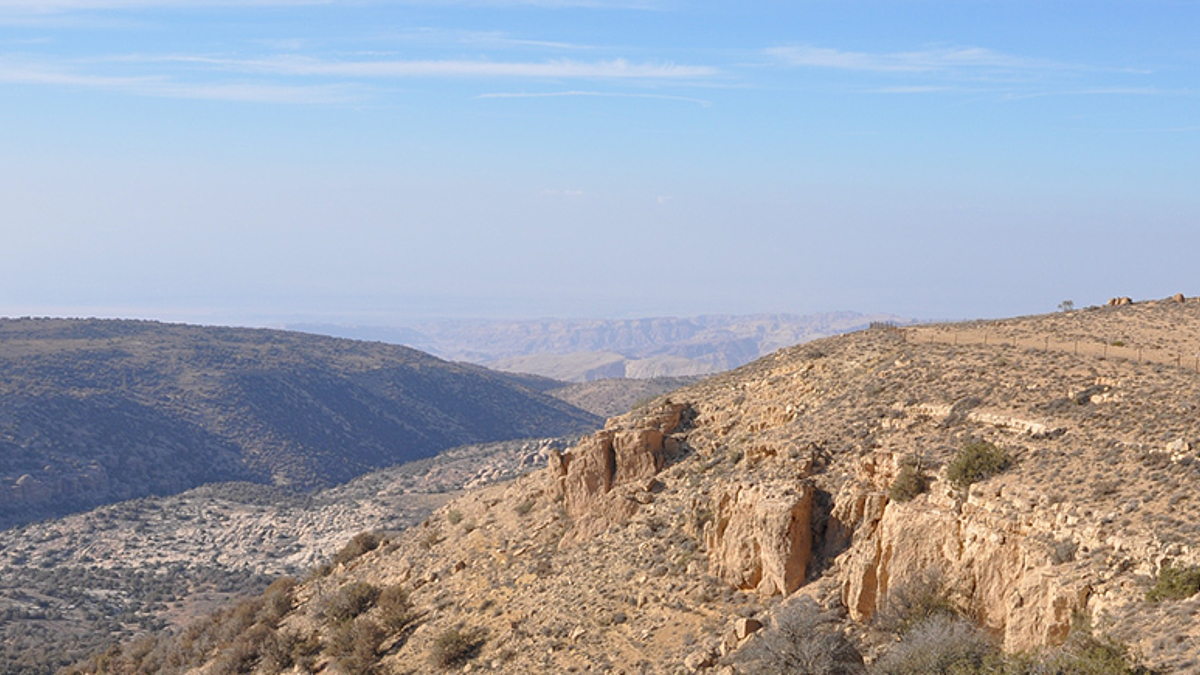Project Background
In the coming decades, nature reserves and protected areas will be subjected to significant changes in their natural potential due to climate change. This will present new challenges for national conservation strategies. From environmental, political and economic perspectives, the development and implementation of adaptation and management strategies for maintaining habitats and communities which are highly endangered due to climate change is vital for the future development of any country.
Protected areas can serve as natural instruments for storing carbon from the atmosphere and for helping people and ecosystems to adapt to the impacts of climate change. Even though protected areas are not a complete solution, and they do not replace efforts to reduce the necessary emissions at source, they are an essential - though often neglected - part of strategies developed by national and local governments.
Existing legislation, strategies and concepts can only be effective if they are implemented. In all countries of the MENA Region, there are however significant deficiencies in this regard. In addition to financial reasons, there is a serious lack of necessary knowledge and experience to implement such legislation.
In this regard, The Hashemite Kingdom of Jordan could serve as a model and take a leading role in the MENA Region as it has the relevant experience of developing a number of related policies and strategies, like the „National Climate Change Policy of the Hashemite Kingdom of Jordan 2013 - 2020“, and the „National Biodiversity Strategy and Action Plan 2015 - 2020“. Furthermore, Jordan’s leading environmental non-governmental organization, the „Royal Society for the Conservation of Nature (RSCN)“, has the mandate to develop a national strategy on the role of protected areas and is currently working on climate change adaptation strategies for the management of protected areas.
Moreover, the RSCN and the Hanns Seidel Foundation (HSF) have a long-standing co-operation offering tailor-made and high quality training programs for environmental professionals from the MENA Region. Since 2012, essential elements of the above-mentioned programs are forming the pillars of a new regional environmental academy, the 'Royal Academy for Nature Conservation', which is run by the RSCN and is located adjacent to the Ajloun Forest Reserve in northwestern Jordan.

